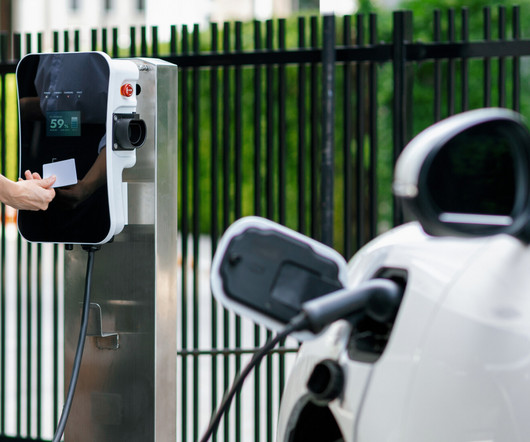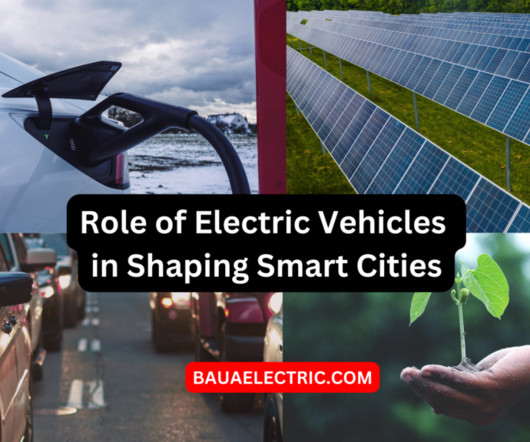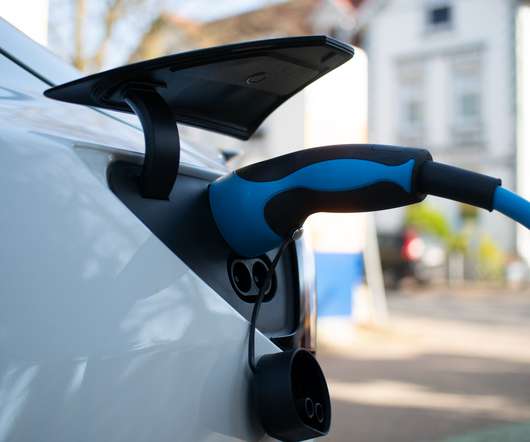AeroVironment licenses PNNL EV smart charger controller technology
Green Car Congress
MARCH 6, 2013
Under normal conditions, this stabilizing technology will be particularly important as the power grid is expected to rely more and more on variable renewable resources such as wind and solar technologies. First, reducing the cost of integrating variable renewable generation reduces the electricity costs for all ratepayers.













Let's personalize your content